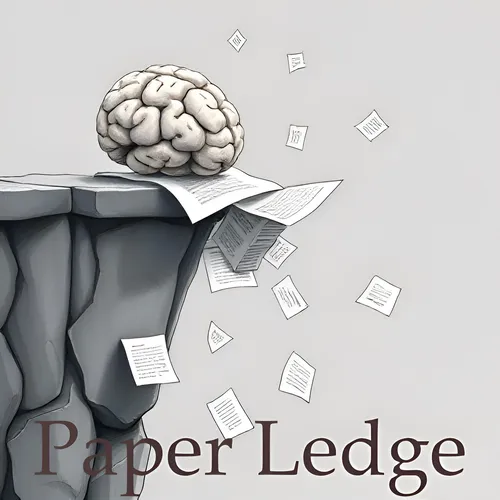Information Retrieval - CARE Contextual Adaptation of Recommenders for LLM-based Conversational Recommendation
- Author
- ernestasposkus
- Published
- Wed 20 Aug 2025
- Episode Link
- https://www.paperledge.com/e/information-retrieval-care-contextual-adaptation-of-recommenders-for-llm-based-conversational-recommendation/
Hey PaperLedge crew, Ernis here, ready to dive into some fascinating research! Today, we're talking about how to make AI better at giving you recommendations, especially in those chatbot-style conversations.
Think about it: you're chatting with a bot about movies, and you ask for a suggestion. Sometimes, the bot throws out a title that's totally irrelevant, or maybe not even a real movie! That's because these AI brains, called Large Language Models (LLMs), don't always have the specific knowledge they need. It's like asking a friend from another country for the best local pizza place – they might not know!
This paper tackles that problem head-on. The researchers noticed two big issues with current AI recommendation systems:
First, these LLMs often suggest things that aren't even in the system's database – imagine asking for a book and it recommends something that doesn't exist. Ouch!
Second, they tend to focus only on the conversation you're having, like recommending a movie because you mentioned liking a certain actor. But they miss out on other important information, like what movies are actually popular or similar to others. It's like only listening to one person's opinion when deciding where to eat.
To fix this, they created something called CARE, which stands for "Contextual Adaptation of Recommenders." Think of it as a way to give the AI a tutor and a second opinion.
The CARE framework works by bringing in outside experts – in this case, existing recommendation systems. These systems are already good at suggesting things based on user preferences and relationships between items. CARE does two key things:
It uses these external recommenders to get a list of potential items based on entity-level insights. Imagine it's like asking a restaurant expert to give you a shortlist of places based on the type of food you like and your past reviews.
Then, it uses the LLM to refine that list based on the context of your conversation. So, the LLM considers what you've said recently and makes sure the final recommendation is relevant to your specific needs. It's like asking your friend to pick the best place from that shortlist, considering your current mood and what you're in the mood for.
The result? According to the paper, this approach significantly boosts the accuracy of AI recommendations. We're talking about an average improvement of 54% on one dataset and 25% on another! That's huge!
“Incorporating external recommender systems with entity-level information significantly enhances recommendation accuracy of LLM-based CRS…”
Essentially, the LLM becomes a smart filter, taking recommendations from the external system and then using its understanding of the conversation to pick the best options for you.
But why does this matter? Well, imagine better recommendations for:
E-commerce: Finding exactly what you're looking for, faster and easier.
Music streaming: Discovering new artists and songs you'll actually love.
Education: Getting personalized learning resources tailored to your needs.
And perhaps most importantly, this CARE framework helps to reduce "popularity bias," meaning the AI is less likely to recommend only the most popular items and more likely to suggest something truly unique and relevant to you.
So, what do you guys think? Can this CARE framework really revolutionize how we get recommendations from AI? And how might this impact the way businesses personalize their interactions with customers?
Also, considering the reliance on external recommender systems, how vulnerable might this system be to biases already present in those systems? Let me know your thoughts in the comments! Until next time, keep learning!
Credit to Paper authors: Chuang Li, Yang Deng, Hengchang Hu, See-Kiong Ng, Min-Yen Kan, Haizhou Li
